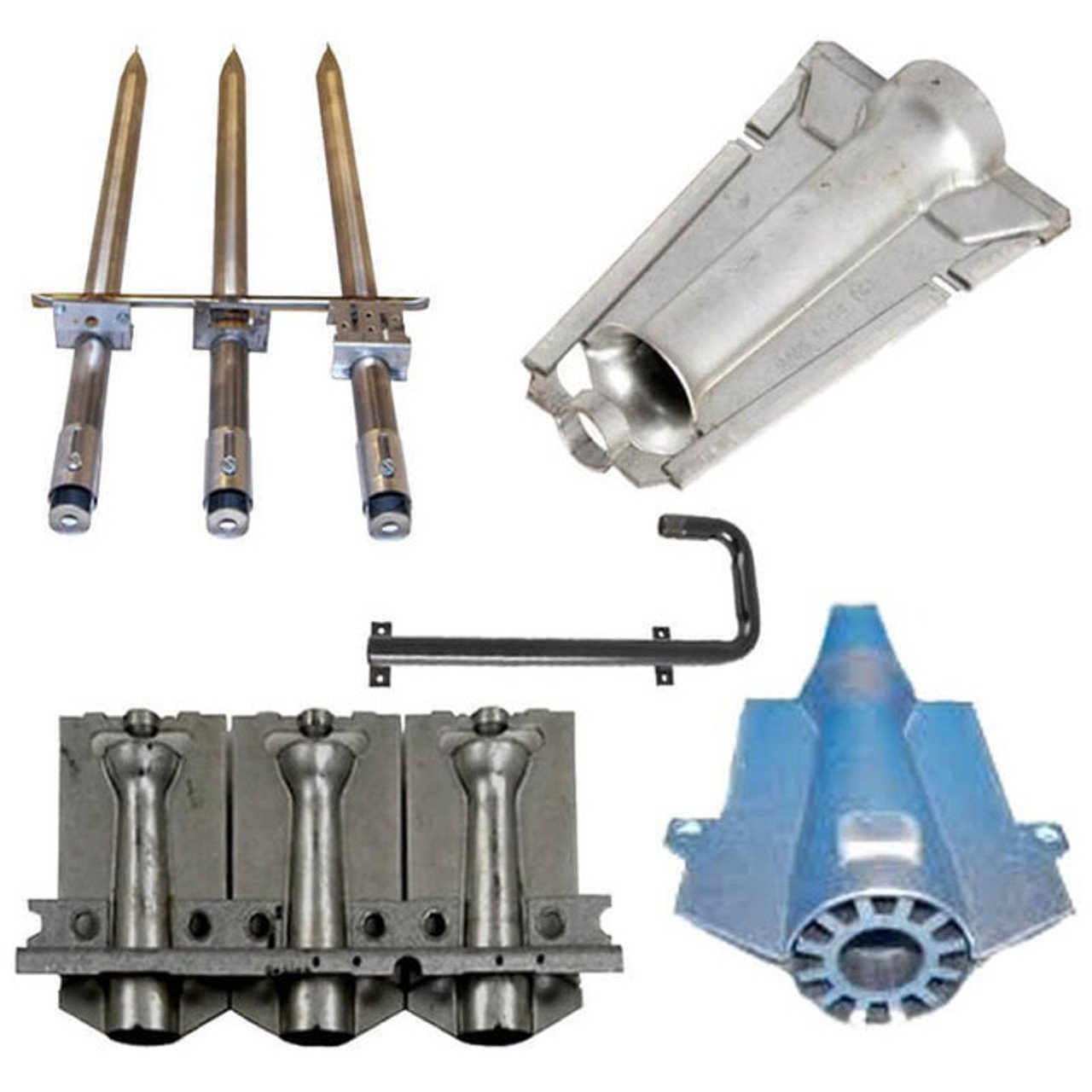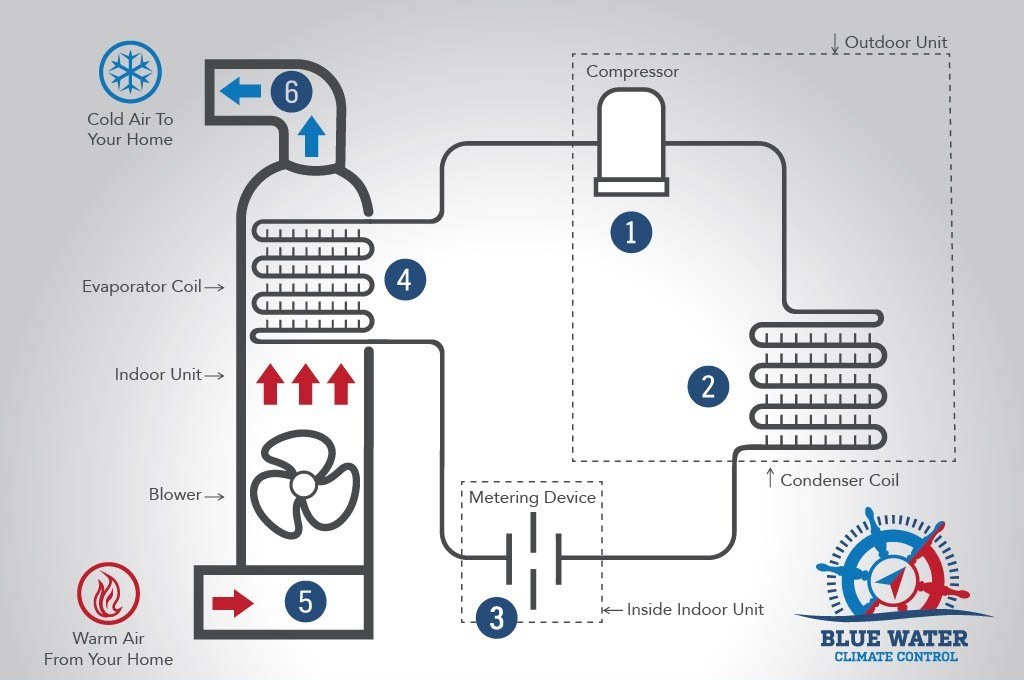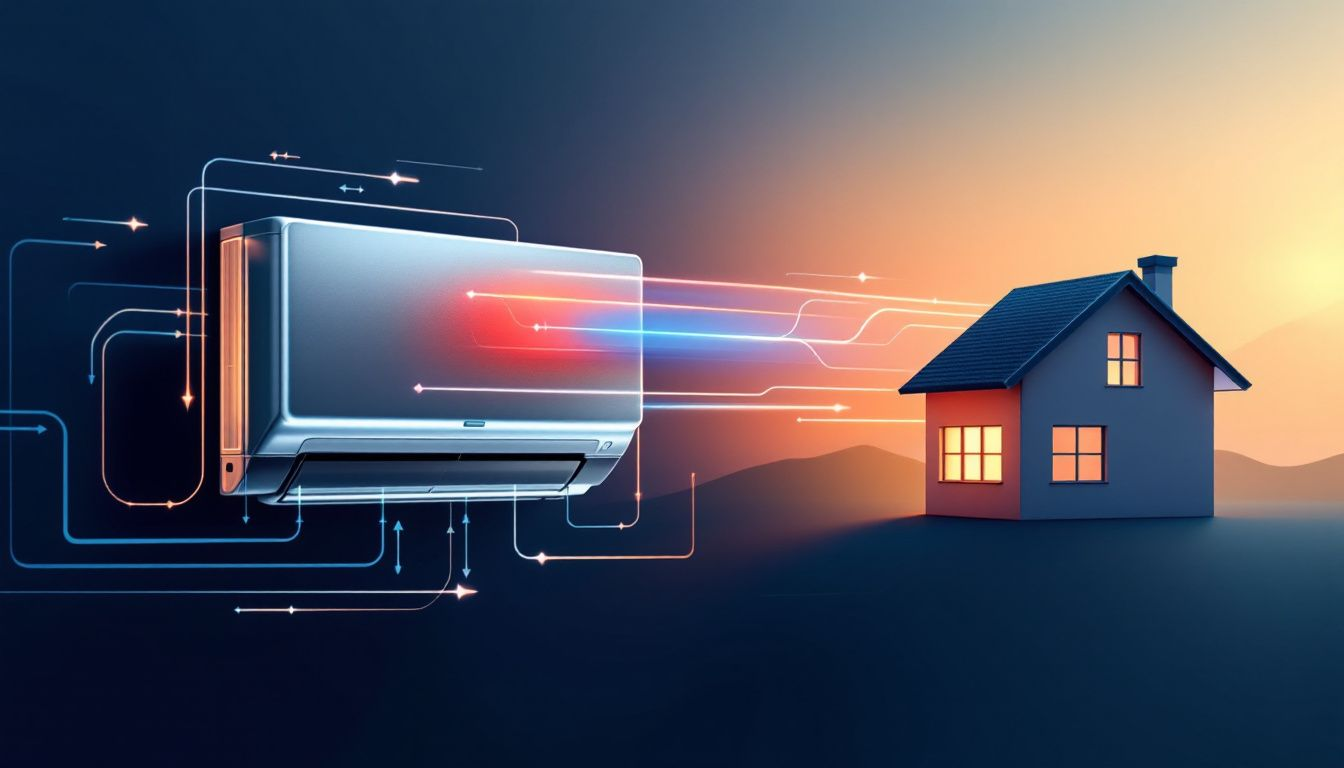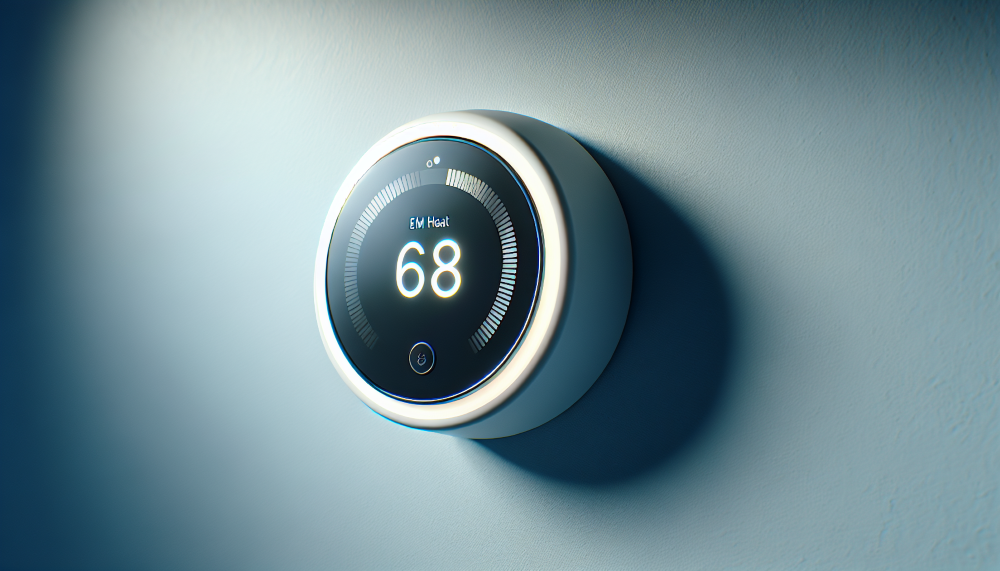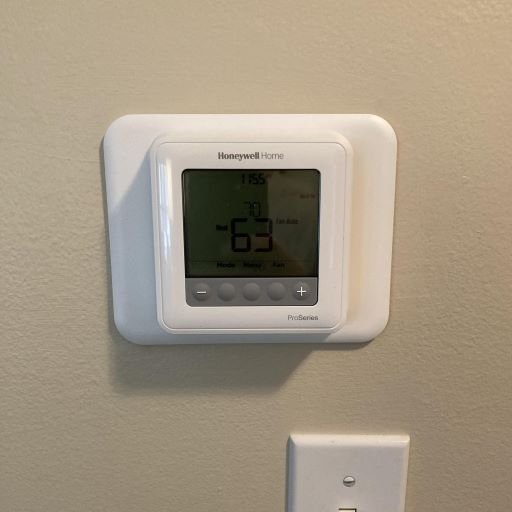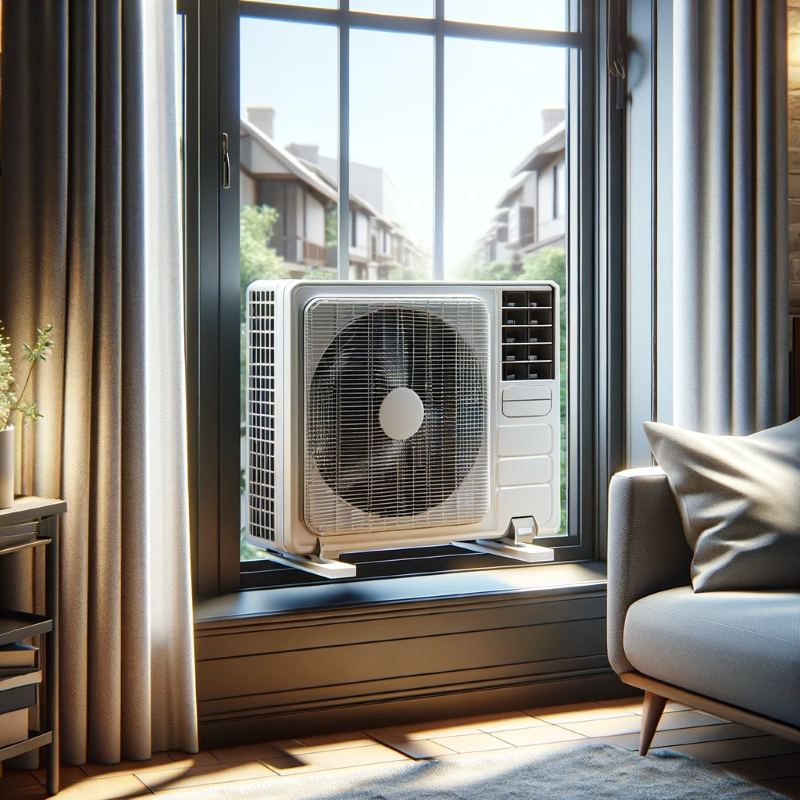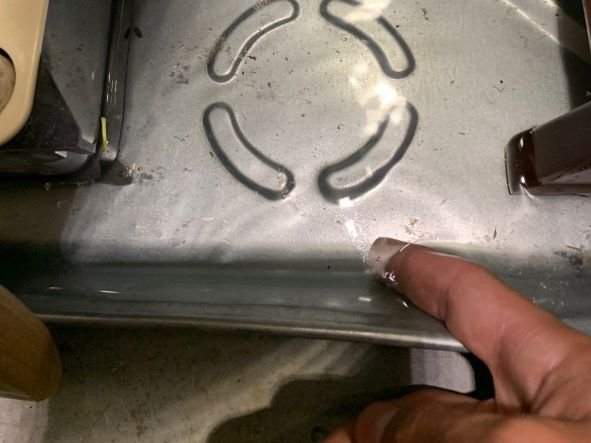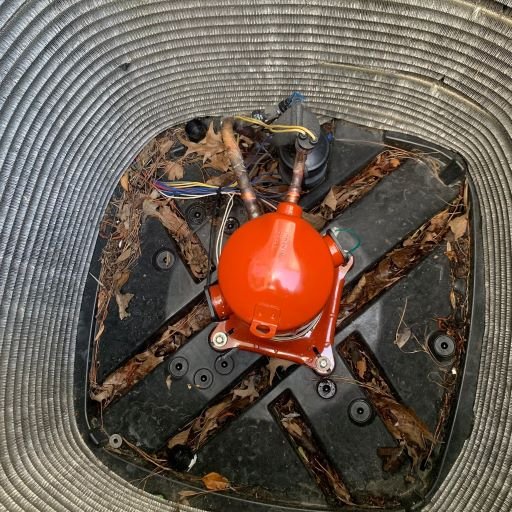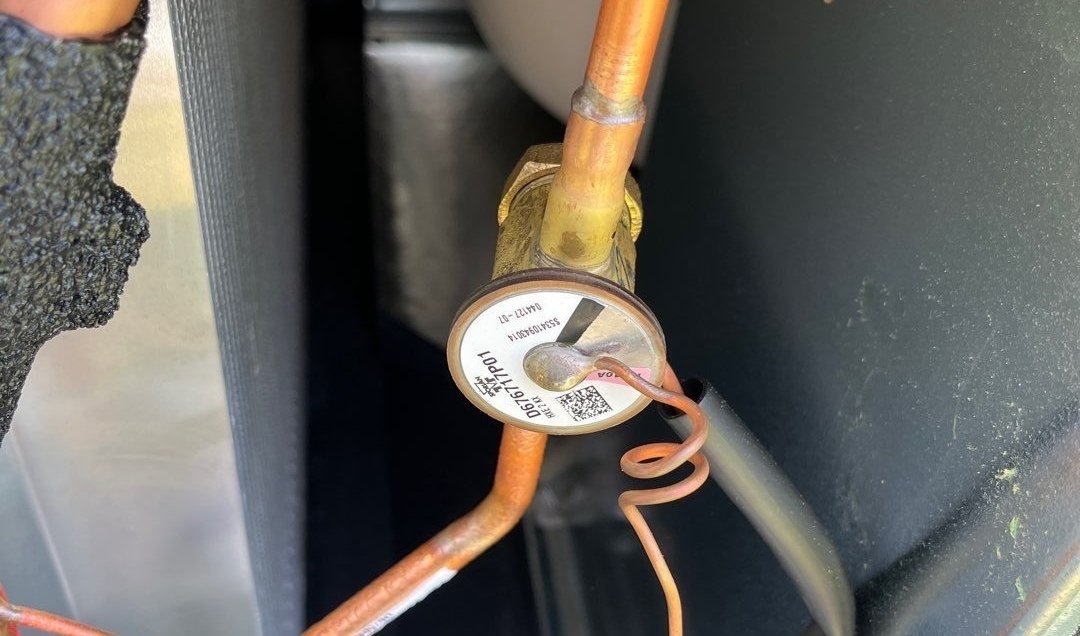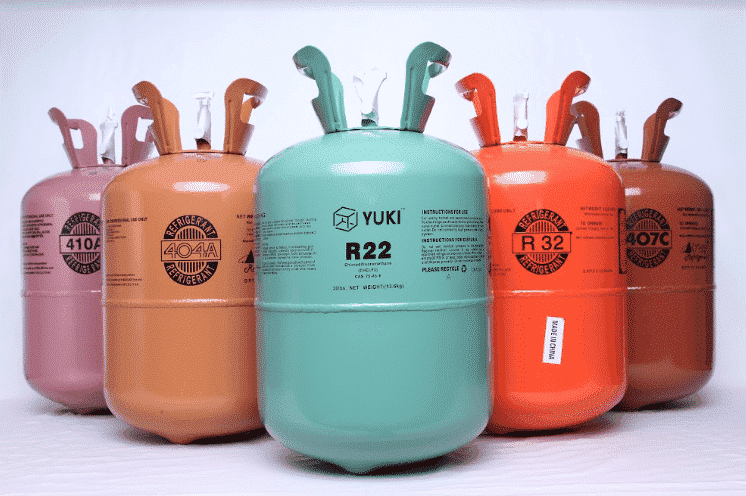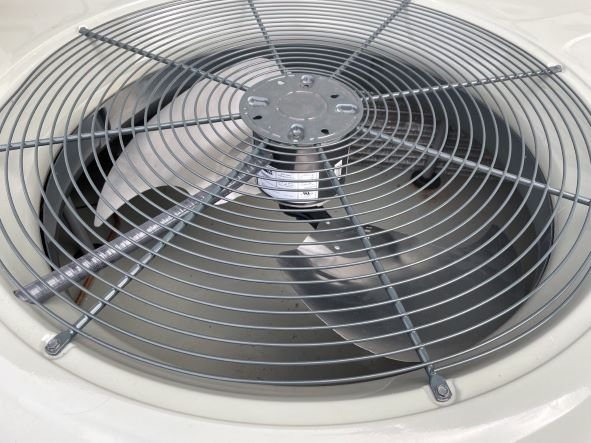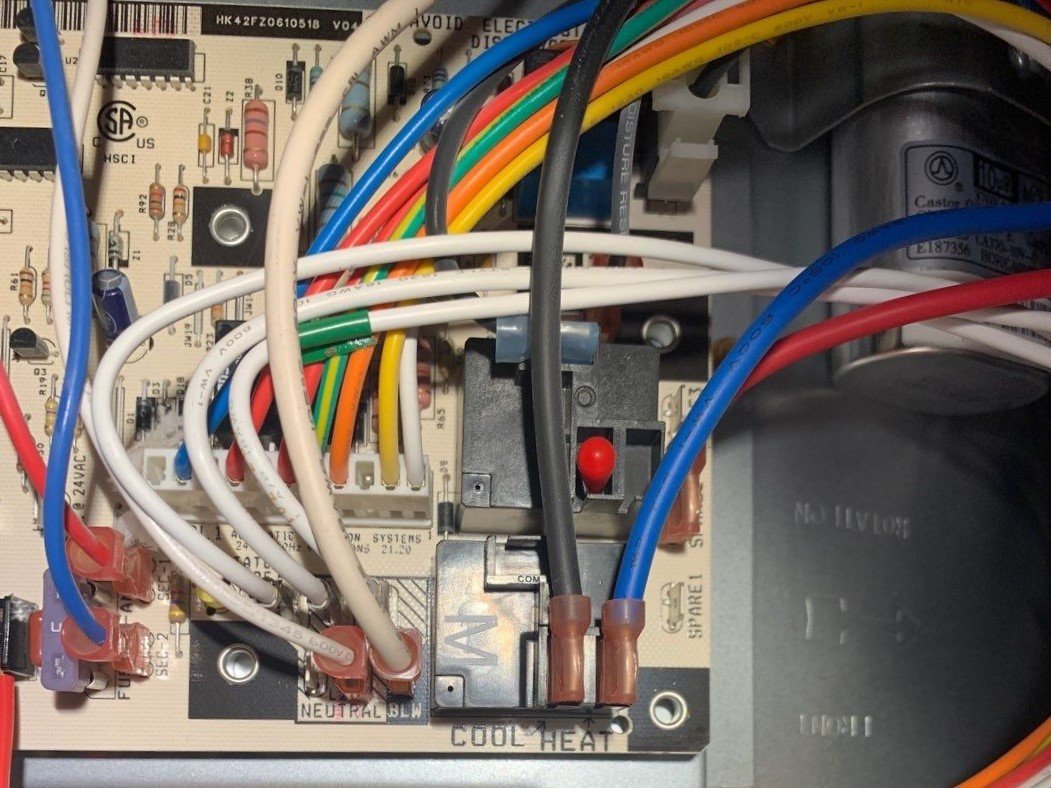Looking for HVAC answers?
Use the search bar above to explore expert tips, how-to guides, product insights, and small business marketing strategies—all in one place.
How to Clean a Gas Furnace Burner: Best Practices for Efficient Heating
Once the power and gas are turned off, remove the furnace access door. Use a screwdriver or a ratchet & socket set, and follow the manufacturer’s guidelines to prevent damage.
Essential Parts of an Home AC System Pics: A Quick Guide
Home air conditioning systems operate by transferring heat and humidity from the indoor air to the outside, thereby providing cooled air indoors. This continuous cycle involves cooling indoor air, absorbing heat into the refrigerant, and releasing that heat outdoors.
Top Benefits of a Gas Air Conditioner Over Electric Systems
Gas air conditioners excel in efficiency and cost-effectiveness, particularly in high-temperature environments and large spaces. They offer significant long-term savings on energy bills and maintenance, despite higher initial installation costs.
My Thermostat is Blinking Cool On: What It Means
Discover how to troubleshoot a blinking 'Cool On' message on your thermostat with our expert guide. Learn about compressor protection, power outage delays, and simple fixes to ensure your HVAC system operates smoothly. Get tips on thermostat settings, power checks, and when to seek professional help.
Why Does My Thermostat Say Hold?
Explore the functionality of the 'Hold' feature on your thermostat: Learn why your device says 'Hold' and how it impacts energy use and comfort. This article covers Temporary Hold, Permanent Hold, and troubleshooting tips to ensure your thermostat aligns with your preferences.
What Is EM Heat on My Thermostat?
Learn what EM Heat means on your thermostat and how it impacts comfort and costs. This guide explains Emergency Heat mode, when to use it, and its efficiency to ensure you stay warm without unnecessary expenses.
Why Is My Thermostat Blank?
Is your thermostat screen blank? Uncover the top reasons behind an unresponsive thermostat, from power supply problems to mechanical issues, and learn effective solutions. Whether it's dead batteries, a tripped breaker, or a condensate drain issue, we explain how to fix it. Discover when to DIY and when to call a pro for your thermostat woes.
Understanding Basic Heat Pump Operation: A Complete Guide
Explore how heat pumps efficiently maintain your home's comfort by transferring heat between indoors and outdoors, providing both heating and cooling solutions. Learn about their energy-saving benefits and simple operational principles.
Will a Cheap Air Conditioning Unit Still Keep You Cool?
Unfortunately, keeping each room full of cool air isn’t cheap. Paying for a quality air conditioner can be expensive, especially if you need a brand new central air system for your home. But if all you crave is cold air, are there ways you can still keep things cool without breaking the bank?
The Importance of an HVAC Secondary Condensate Pan
The primary purpose of a secondary drain pan in an HVAC system is to provide a backup or safety measure against water damage. It's placed under the HVAC unit, typically an air conditioner or heat pump, to catch condensate that may not be properly drained by the primary pan due to clogging, overflow, or other malfunctions. This helps to prevent water damage to the floors, ceilings, and walls of a building.
How Central Air Conditioning Compressors Work
If your air conditioner system needs work, only a licensed HVAC technician should perform maintenance or repairs. Licensed technicians will check your refrigerant levels and ensure you have enough refrigerant working through the cooling systems. Then, they’ll determine if your problem is an easy fix or if you need a total AC replacement.
What Homeowners Should Know About Indoor Air Quality VOCs
Volatile organic compounds (VOCs) are compounds with high vapor pressure and low water solubility that linger in your indoor air. Typically, these include by-products of chlorination in water treatment, industrial solvents like trichloroethylene, fuel oxygenates, paint thinners, dry cleaning agents, petroleum products, and more. VOCs are often found in dramatically higher concentrations in indoor air than they are found in outdoor air.
What You Need to Know About Air Conditioning Refrigeration Valves
Understanding the intricacies of air conditioning refrigeration valves, particularly the expansion valve, is essential for maintaining the health and efficiency of your AC system. These valves play a critical role in regulating the flow and pressure of refrigerant, ensuring that your air conditioning system operates effectively.
Why Does Your Air Conditioner Need Refrigerant?
Refrigerant is a manufactured chemical compound that is inside all air conditioners. It is what is responsible for the cool air inside your home. Sometimes however your AC may not be working as well as it should, and you will need to have your refrigerant levels adjusted.
Bad Condenser Fan Motor?
There are two main types of HVAC motors: the outdoor unit (condenser) and the indoor air handler (evaporator). Condenser fans help dissipate heat from the high-side refrigerant inside the condenser coil. In an air handler, fans, also called a blower motor, are used to circulate air through the evaporator coil and throughout a conditioned space.
How Does a Gas Furnace Work
At the heart of a gas furnace lies a complex yet efficient mechanism designed to transform natural gas into a steady stream of cozy warmth. The process begins with the ignition of the gas in the burner assembly, releasing heat that is then absorbed by the heat exchanger.
What You Should Know About Your AC Electrical Components
Your air conditioner unit is comprised of many electrical components that work in tandem with each other to provide heating and cooling for your home. Many of those parts are considered the main electrical components of your system – including the thermostat, furnace, blower fan, electrical wiring, and relays, as well as crankcase heaters, the compressor, condenser, evaporator coils, heat pumps, and much more.
Gas Furnaces
Understanding the key aspects of natural gas furnaces is crucial for making informed decisions about heating systems in homes and buildings. Gas furnaces are widely used due to their efficiency, reliability, and cost-effectiveness.
Home Heating Systems
Choosing the right home heating system involves a careful consideration of various factors to ensure optimal comfort, efficiency, and cost-effectiveness. The diverse options available cater to different preferences, climates, and energy sources. From forced-air systems like furnaces and heat pumps to radiant heating systems, each has its merits and drawbacks.

